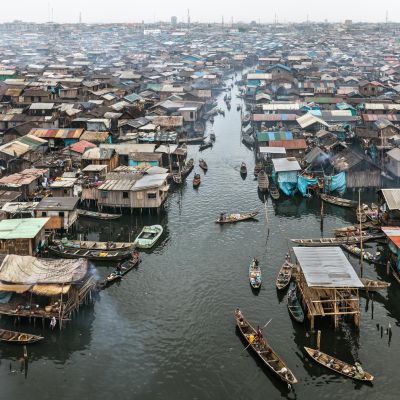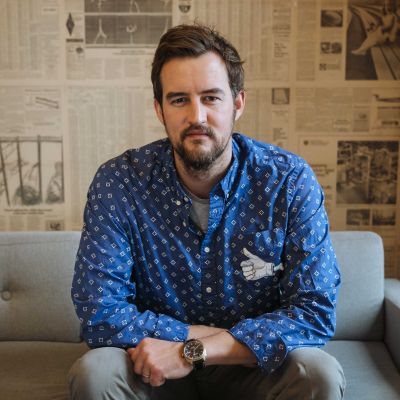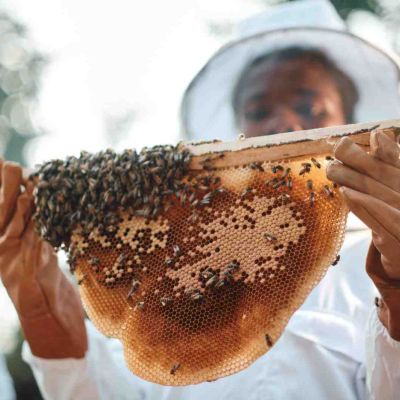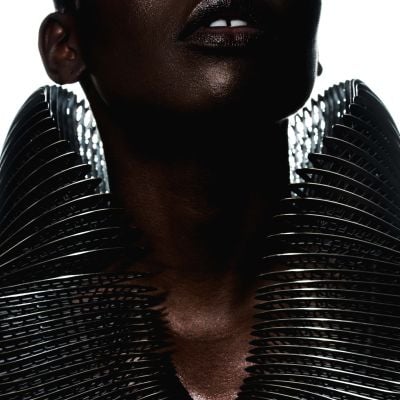Labours of Love
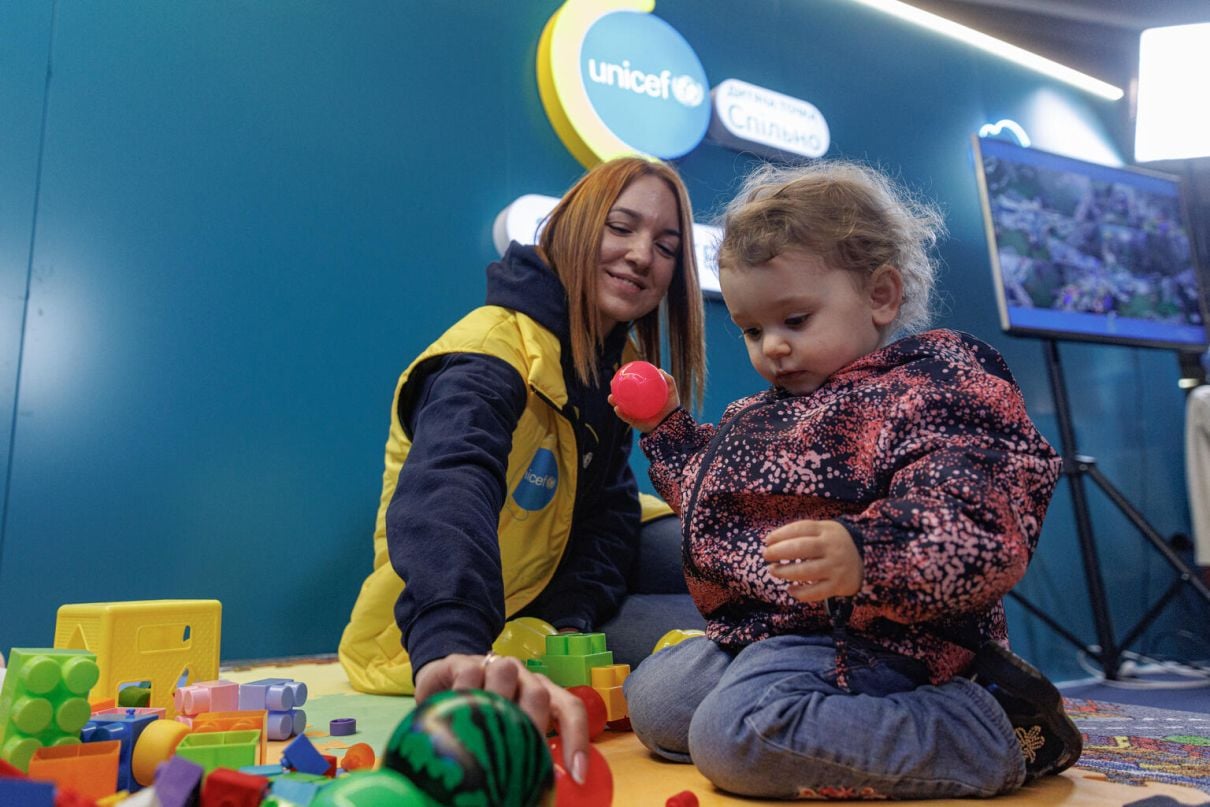
The director of private fundraising at UNICEF asks: can you truly be empowered if you are not willing to empower others?
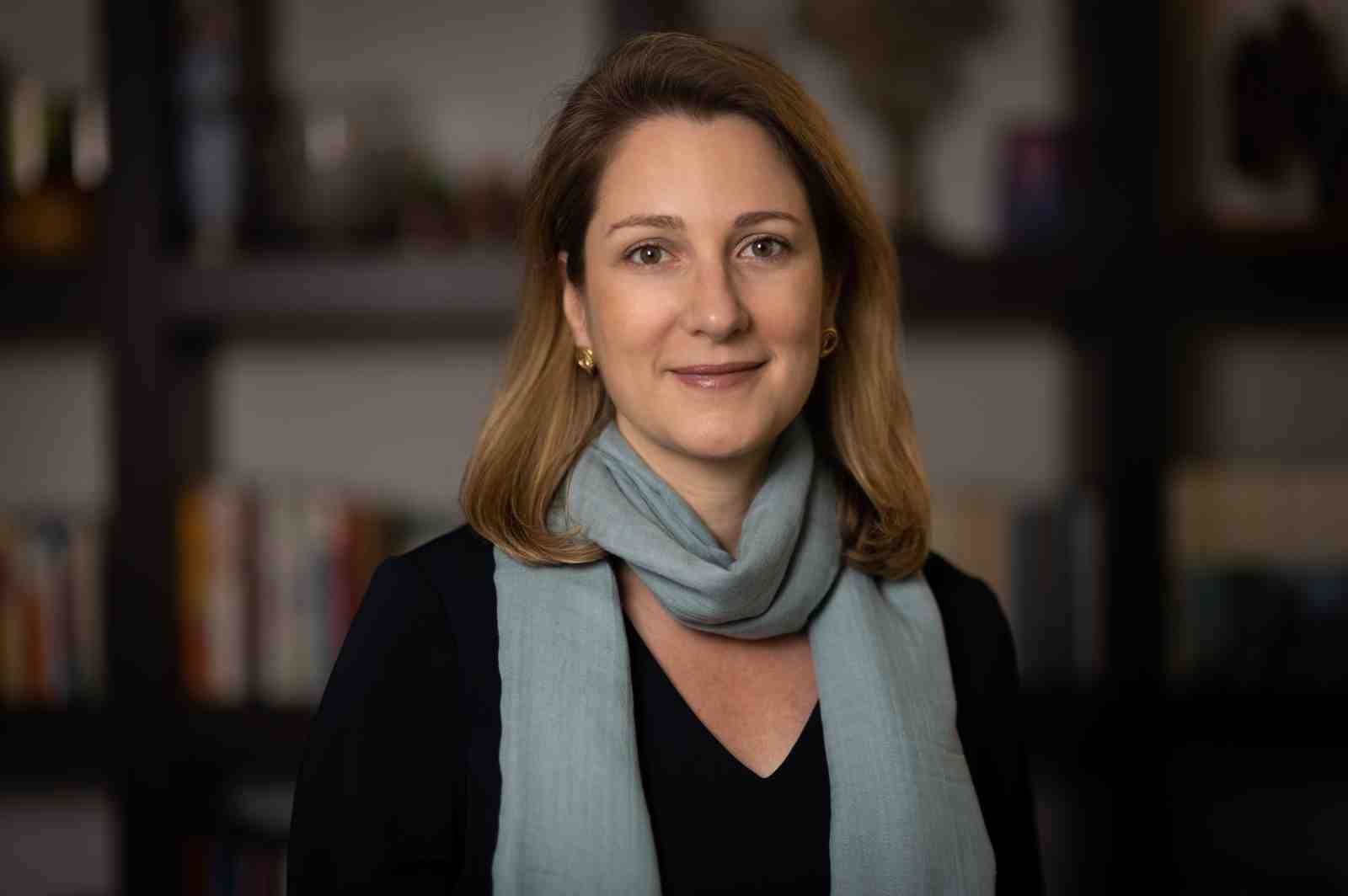
I was born and raised in war-torn Lebanon. As a young girl, the devastation I was exposed to during my formative years constituted a red thread throughout my life. Now, as a mother of two daughters, I find myself not only wanting, but needing to ensure they grow up in a safe and nurturing environment, where quality education and core values come first.
I feel responsible. I owe it to that little girl who grew up amid the Lebanese civil and regional war. I owe it to my daughters. I owe it to all women and children to be a part of the change — and to empower them to do their part, small or big — to ensure safety and education for those who need it most. As my mother would say: “Education is your passport. You take it with you to the grave; no one can strip you of it.”
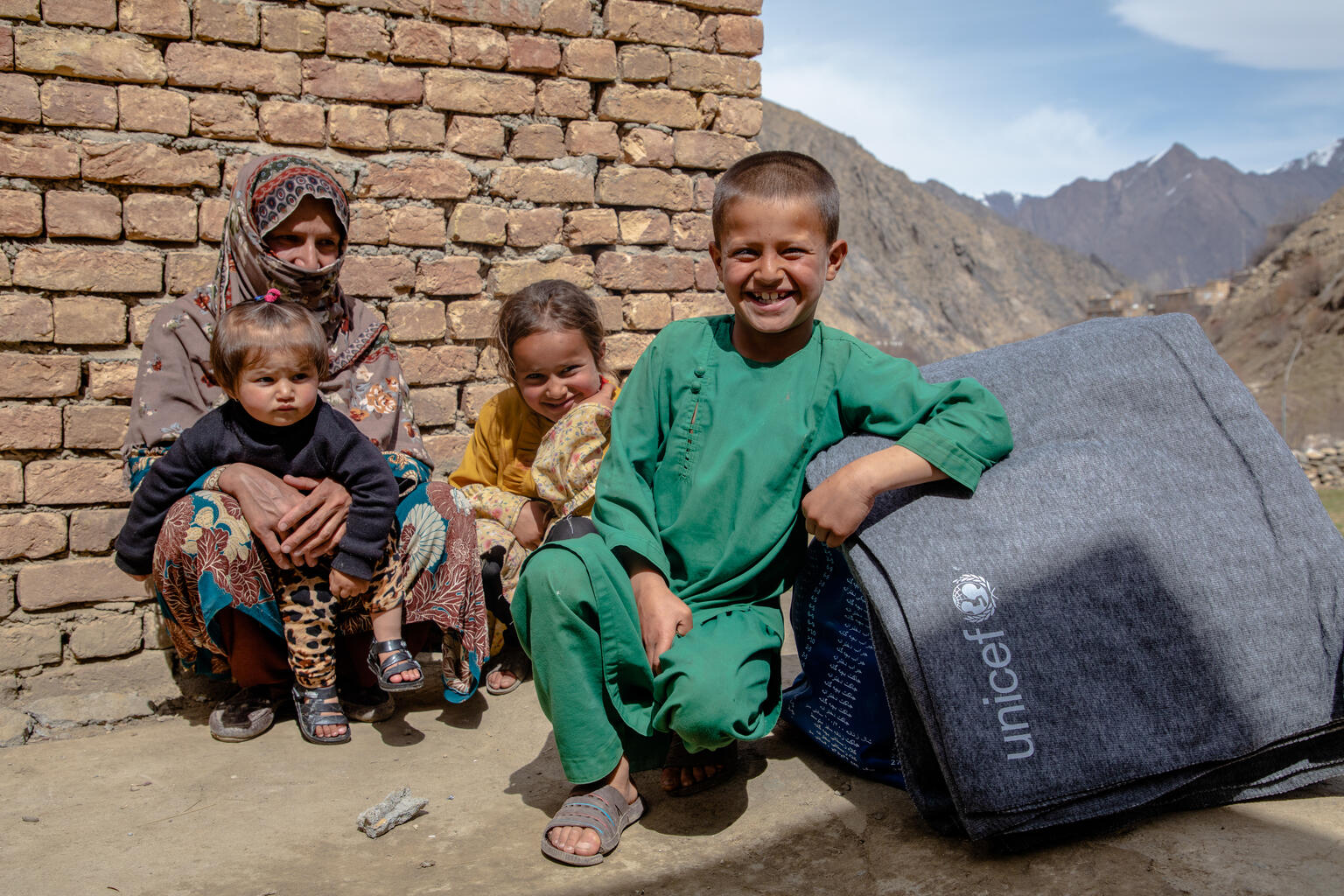
I began my career in the field. I championed protection and family-reunification programs in the Middle East and Africa. In my journey for change, I found myself working for the Red Cross, where I spent 17 years and eventually became head of the Resource Mobilization Division — leading donor relations, private fundraising, and government affairs.
My work ultimately led me to Unicef, where I am now in a global strategy role with a mission to generate sustainable income and drive transformational partnerships worldwide. This includes engaging with supporters and donors, philanthropists, foundations, and businesses to achieve the sustainable development goals (SDGs) for children and women. To me, it is not a job. It is a daily labour of love.
I have the honour of collaborating regularly with some of the world’s most intelligent and compassionate women and men. This includes those who are generous with not only their deep pockets, but also with their time. It is their mission to drive action and encourage others to do the same. This is invaluable. Can you truly be empowered if you are not willing to empower others?
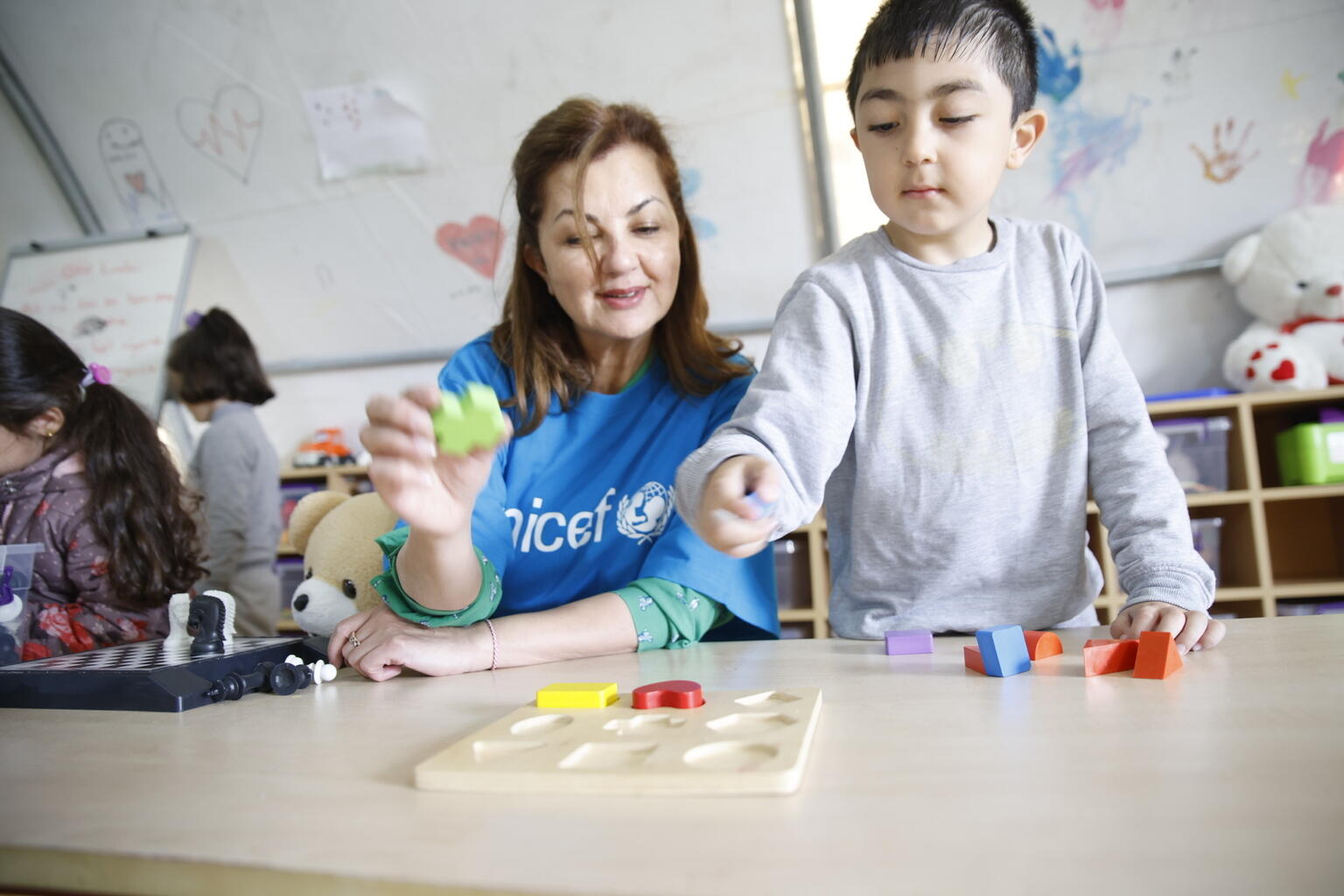
We all have our own missions and passions: our driving forces. For Unicef, our battles are many. We are in a position where we direly need funding to meet the SDGs by 2030. And, due to many global shocks such as the pandemic, we are desperately behind. One of my greatest passions is mental health access. In this area alone, we see less than 2 per cent of global government health expenditures focused on mental health — despite one in seven young people worldwide living with a mental health disorder.
We need this to change. We need help.
Unicef relies on core resources for results — or unrestricted funding from donors to be used most flexibly and where the need of children is greatest. Because 100 per cent of unrestricted funds are used to further our mission, with around 85 per cent going directly to country programmes, they allow us to deliver the greatest impact for children and their communities. These funds give us the predictability to plan for long-term programmes; the flexibility to address challenging and rapidly changing contexts to achieve lasting results; and the efficiency that comes from reducing transaction costs, thereby maximising the resources that can go directly to children.
We appreciate everyone who plays an active role in helping to protect and secure other women and children worldwide, and I want to personally thank those who are giving back. We appreciate you, and so do the children.
Carla Haddad Mardini is Unicef’s director of private fundraising and partnerships. She leads the organisation’s global strategy to generate private sector income for Unicef and drive partnerships for children and women worldwide.



